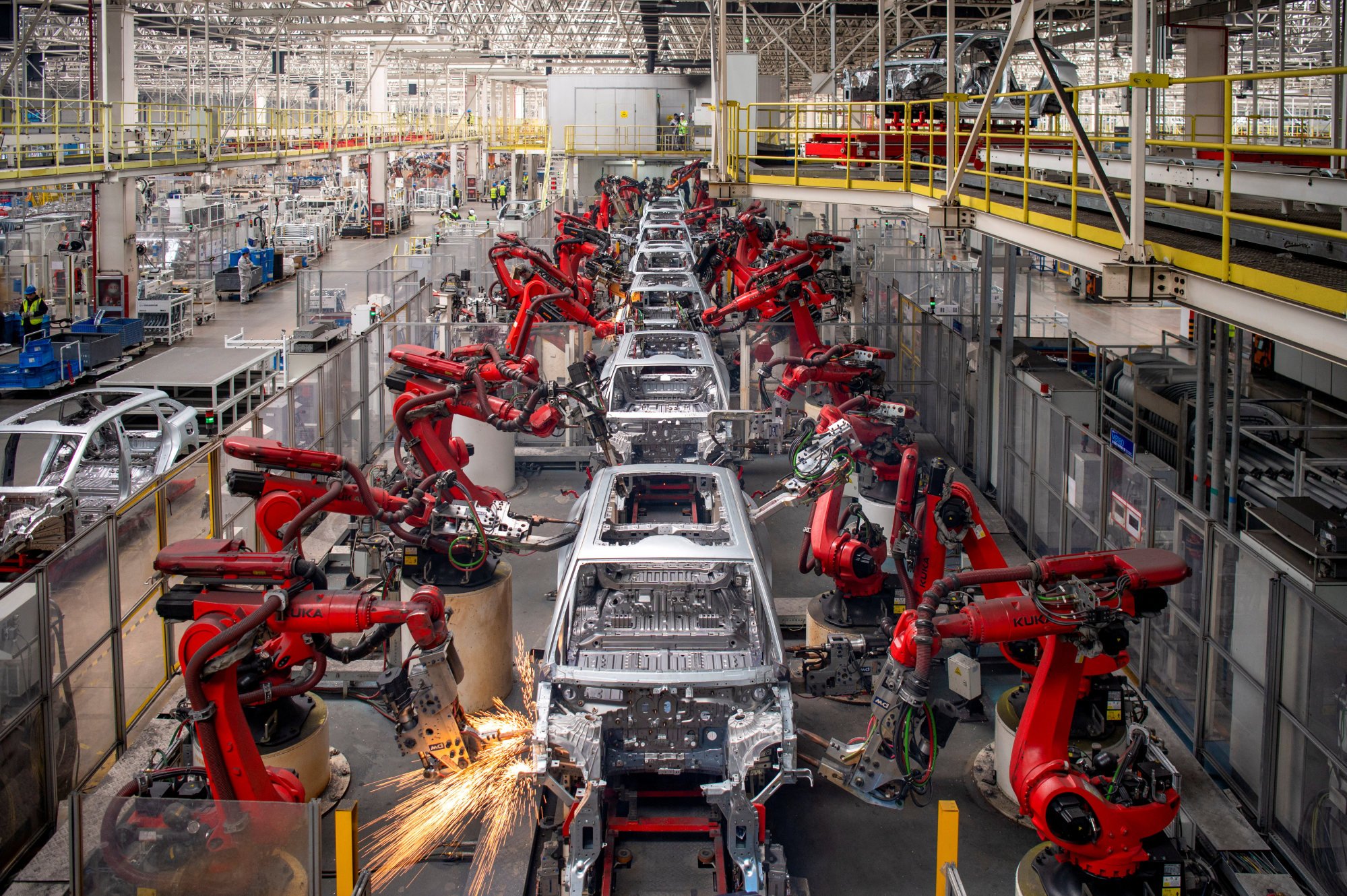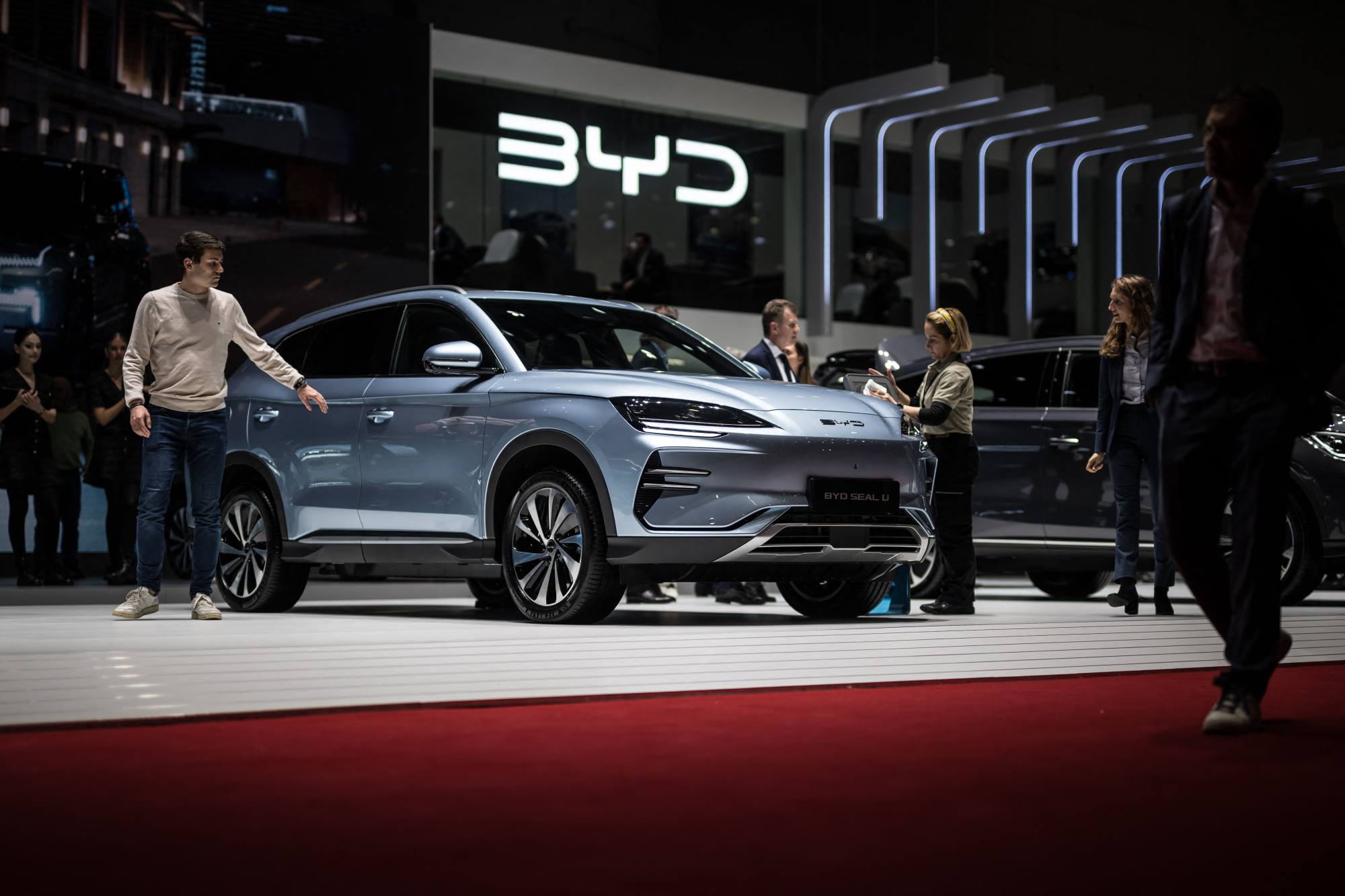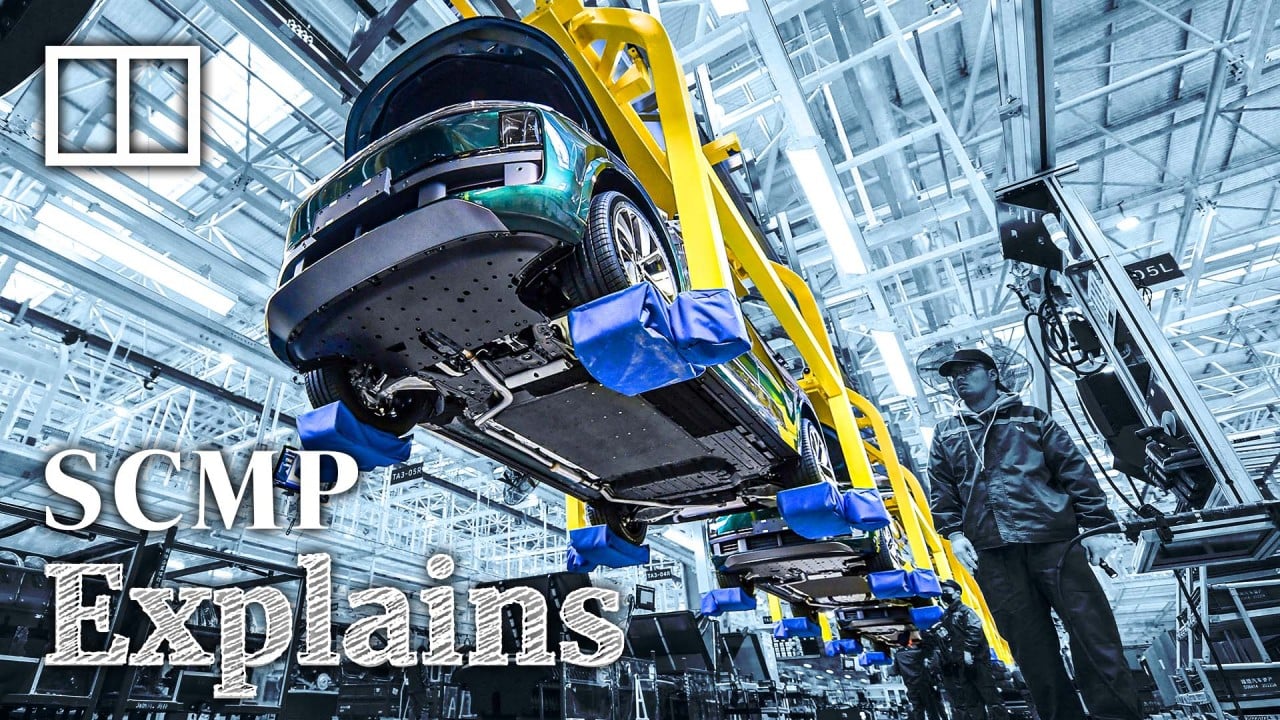Some EV makers in mainland China will turn cautious on their overseas expansion drive if the US proceeds to slap a 102 per cent duty on imported Chinese battery-powered cars on security grounds, they added. These producers are already bracing themselves for another blow in Europe, after the European Commission started a probe last year into Beijing’s subsidies for carmakers.
“The US market is of vital importance to the global automotive industry,” said David Zhang, director of WDEF Digital Automotive International Cooperation Research Centre in Shanghai “Chinese EV assemblers will face big hurdles in building brand awareness around the world without strong sales in the US.”
President Joe Biden and his staff are said to have studied measures over the past few weeks to curb certain Chinese-made vehicles into the US market on data and security grounds, Bloomberg reported on Monday, citing people it did not identify. The authorities have reached a consensus on a final decision, the report added.
The possible hike in tariffs stems from mounting worries in Washington about the risks posed by smart vehicles built by mainland EV manufacturers. Commerce Secretary Gina Raimondo said in January that those vehicles would collect a “huge amount of information about a driver” in the US.
While China is the runaway leader in the global EV sector, where sales of pure electric and plug-in hybrid cars account for 60 per cent of the global total, nearly no EVs made in China are sold in the US.
Most mainland-built EVs fall into the category of intelligent cars, as they are fitted with autonomous driving systems. Intelligence is also measured by the cars’ digital bells and whistles, manifested in such built-in features as voice-activated controls, facial recognition, over-the-air software upgrades and phone-linked features.

“When a carmaker moves to tap markets outside, it also develops and builds specific models to cater to local customers and comply with foreign laws and regulations,” said Chen Jinzhu, CEO of consultancy Shanghai Mingliang Auto Service. “Taking the long view, trade barriers erected by the US will affect confidence among carmakers in their go-global strategy, even though America is not their key target market yet.”
State subsidies for Chinese EV makers could result in higher tariffs on their shipments into markets in Europe, following a probe by the European Commission last September. Chinese carmakers pay the standard rate of 10 per cent on their exports to the single market on the continent.

Chinese-made cars are benefiting from a faster pace of electrification at home, itself the world’s largest automotive and EV market. They will control 33 per cent of the global market by 2030, up from 17 per cent in 2022, analysts at UBS Group forecast in a report in September.
Chinese car makers have long desired to go global under Beijing’s Made in China 2025 industrial strategy, under which the country’s top two EV makers are expected to generate 10 per cent of their sales from overseas markets by 2025.
“Chinese carmakers is likely to go to Europe first, among large mature markets, while they wait and see how the US political situation evolves,” said Stephen Dyer, Greater China co-leader and head of the Asia automotive practice at global consultancy AlixPartners.


